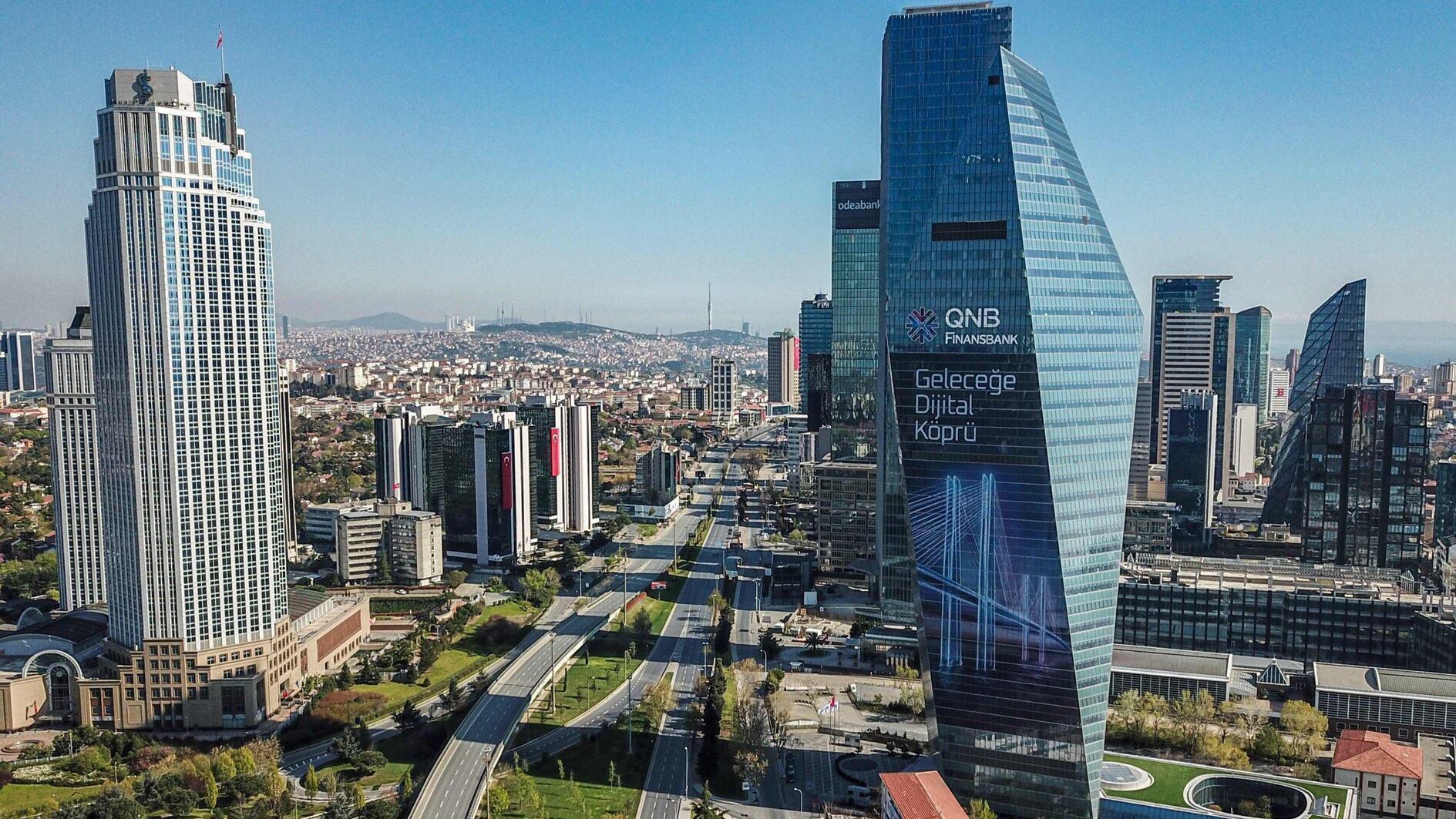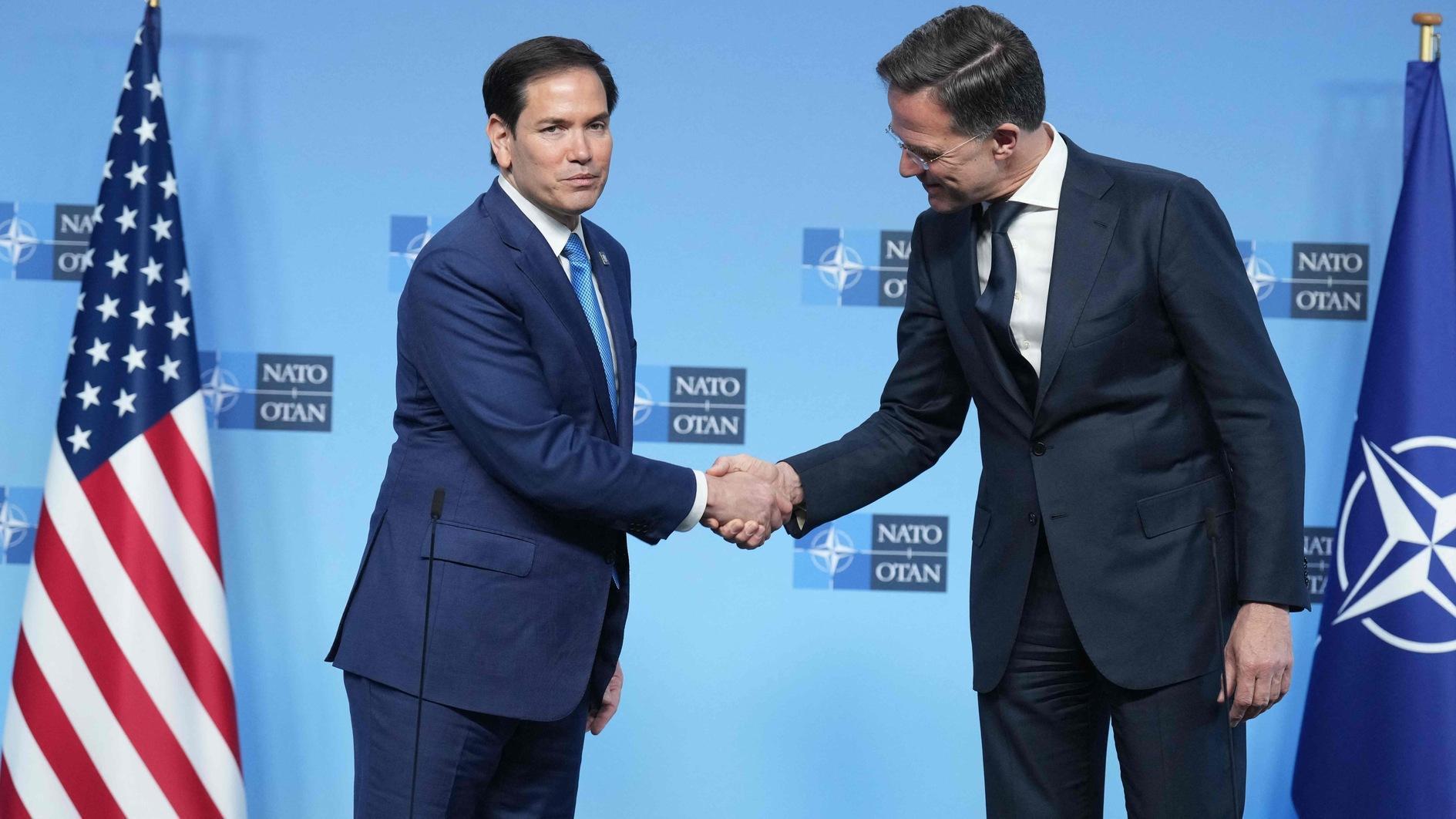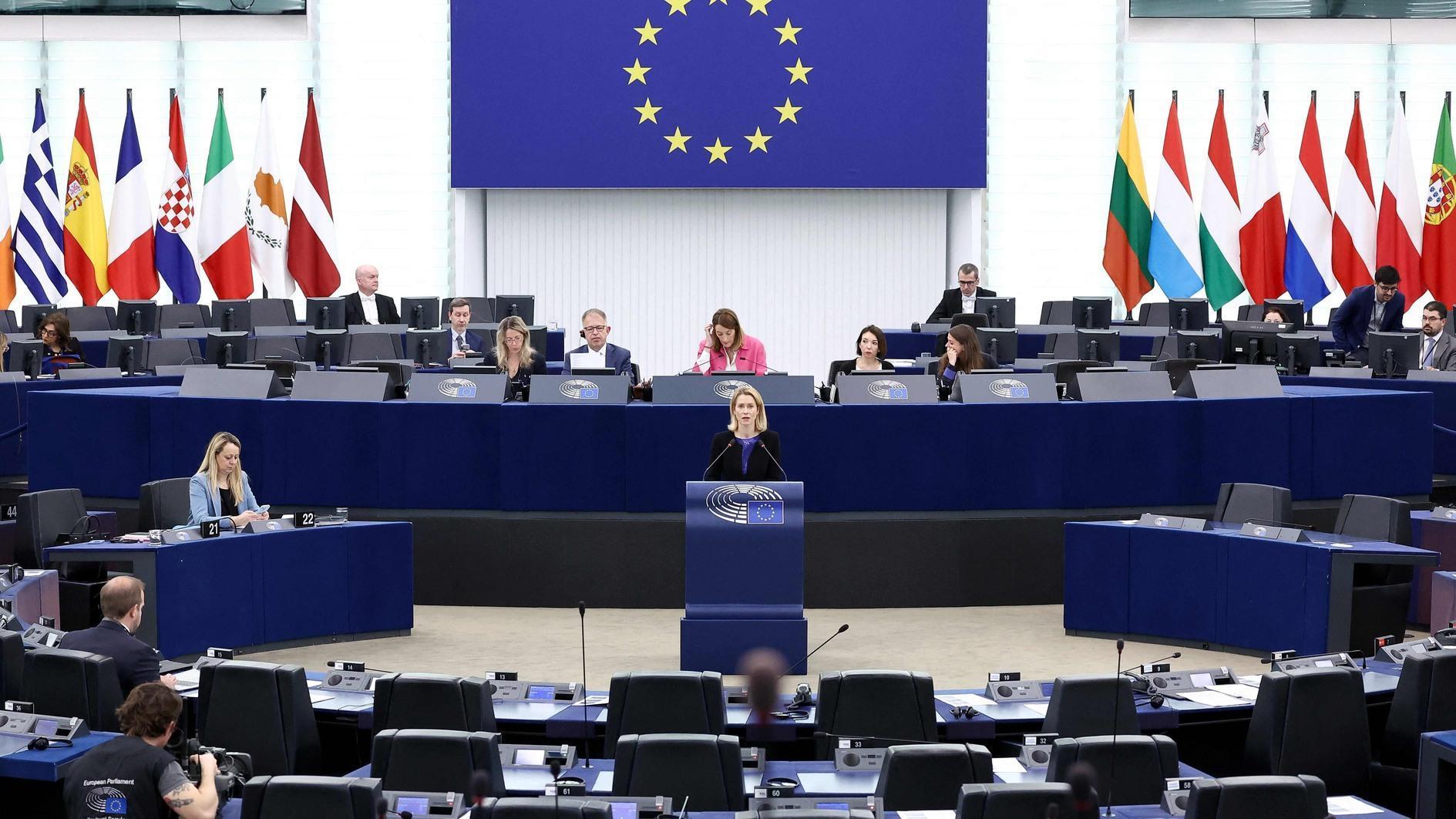Is the right to self-determination not a right anymore?
On Sept. 25, the Kurdistan Regional Government (KRG) in Iraq organized a referendum asking the question on whether people in the region supported independence or not. According to the officially declared results of the referendum, 72 percent of the people voted and close to 93 percent of the votes showed that there was an affirmative support to that question.
Iraq immediately declared the referendum and its results as null and void. Not only Iraq but also its two important neighbors, namely Turkey and Iran, joined the Iraqi government’s declaration, too. The Iraqi government, in addition to its non-recognition of the results of the referendum, decided to take action to impose certain sanctions on the KRG and closed its air space to international flights, preventing transportation to and from Arbil and Sulaymaniyah. Turkey and Iran also joined those sanctions.
On Oct. 1, the government of the Catalonia region in Spain also organized a referendum, asking its people whether they supported independence or not. After a much disputed and disproportionate intervention of Spanish security forces, the referendum left more than 800 injured. Official sources of Catalonia declared that the participation in the referendum remained at 43.2 percent with 90 percent of affirmative support. Based on those results, Catalan leader Carles Puigdemont declared that the citizens of Catalonia have won the right to an independent republic. Madrid declared the referendum and its results as null and void.
Although their purposes were similar, the KRG and Catalonia referendums have differences, too. Barzani, having organized the referendum, has not declared independence and does not seem to have the intention to do so in the near future. Puigdemont, to the contrary, is very close to such a decision. The status of the KRG, according to the Iraqi constitution, recognizes the fact that it is an entity within the federal system of the country. Catalonia does not have such a constitutional status but enjoys limited regional self-governance. Many believe that the KRG referendum is posing serious challenges to security and stability of the region, particularly to the neighboring states. In the European Union, there is no such interpretation and the issue is considered as an internal affair of Spain. Nevertheless, both central governments in Baghdad and Madrid declare the referendums as illegal, unconstitutional and therefore null and void.
The common point in the decision to go forward with the referendums in Iraq and Spain are the desire of the peoples of the KRG and Catalonia for respect and recognition. Although the status of the KRG in Iraq is constitutionally clear, many issues have remained unresolved between Arbil and Baghdad. The administrative borders in places like Mosul and Kirkuk, or in other parts of the country, have not been clearly agreed on. Similarly, the two sides have also failed to agree on the distribution of profits of Iraq’s exports of its hydrocarbon resources. The KRG has asked time and again to resolve these differences but did not get the appropriate response from Baghdad.
Catalonia, on the other hand, has also asked for more cultural and political rights from Madrid to exercise in its administrative region but did not get the appropriate response from the Spanish government. To the contrary, Madrid even went further and cancelled some of the rights which were approved by the Catalans in another referendum several years ago.
The issue of self-governance, particularly in federal states, is becoming more of a problem when the relations between the center and the periphery are not regulated on fair, just and egalitarian standards. Under such circumstances, do the disfavored peoples have the right to decide on their own destiny? In the 21st century, this issue will continue to become a major source of dispute not only in federal states but also in unitary states as well unless the central administrations fail to recognize the fundamental rights and freedoms of their citizens.
At a time when democracies are increasingly facing challenges and being depreciated under the influence of illiberalism, stability will continue to be affected. Although it primarily appears to be a legal dispute, it is important to underline that these problems need to be addressed with political vision and progressive thinking.











